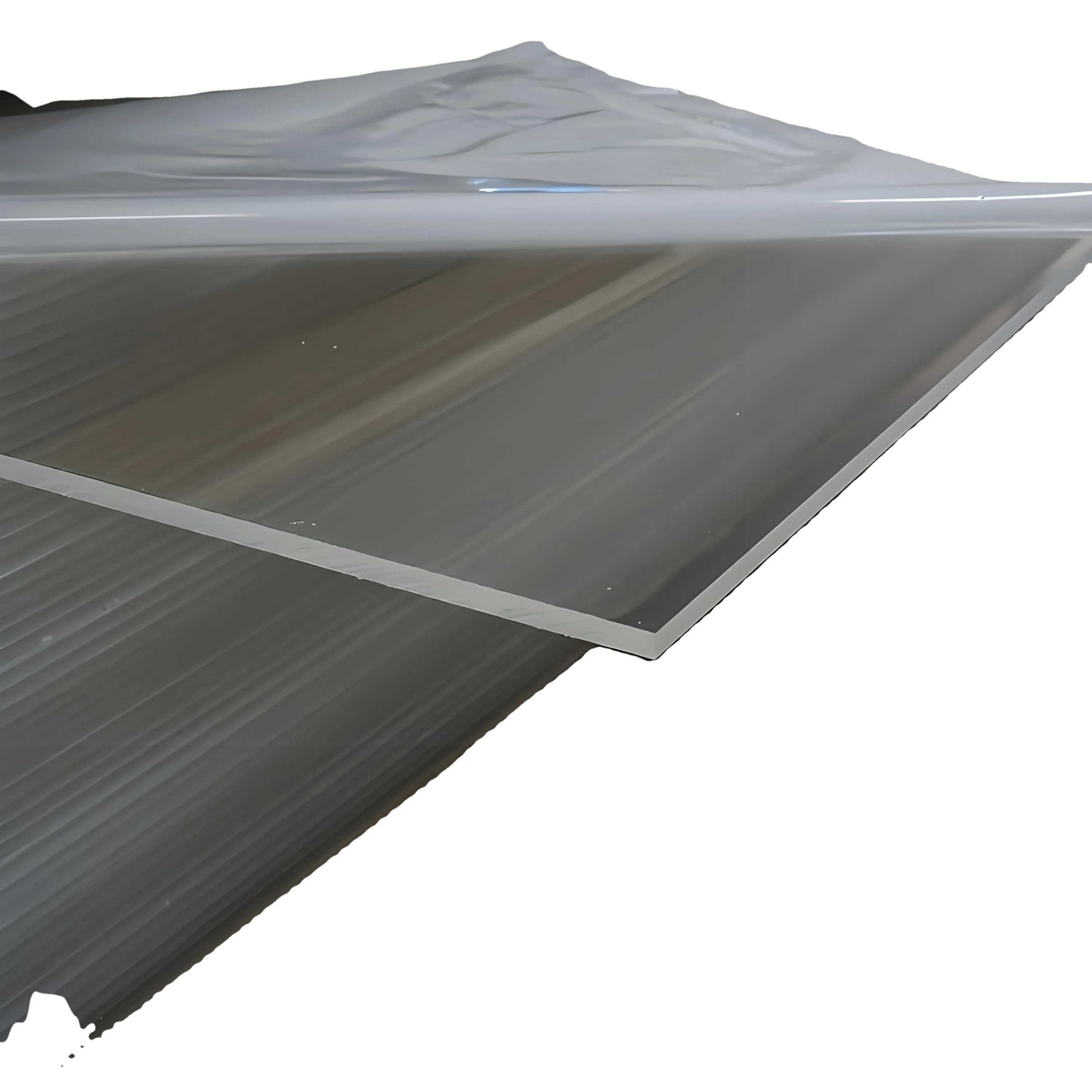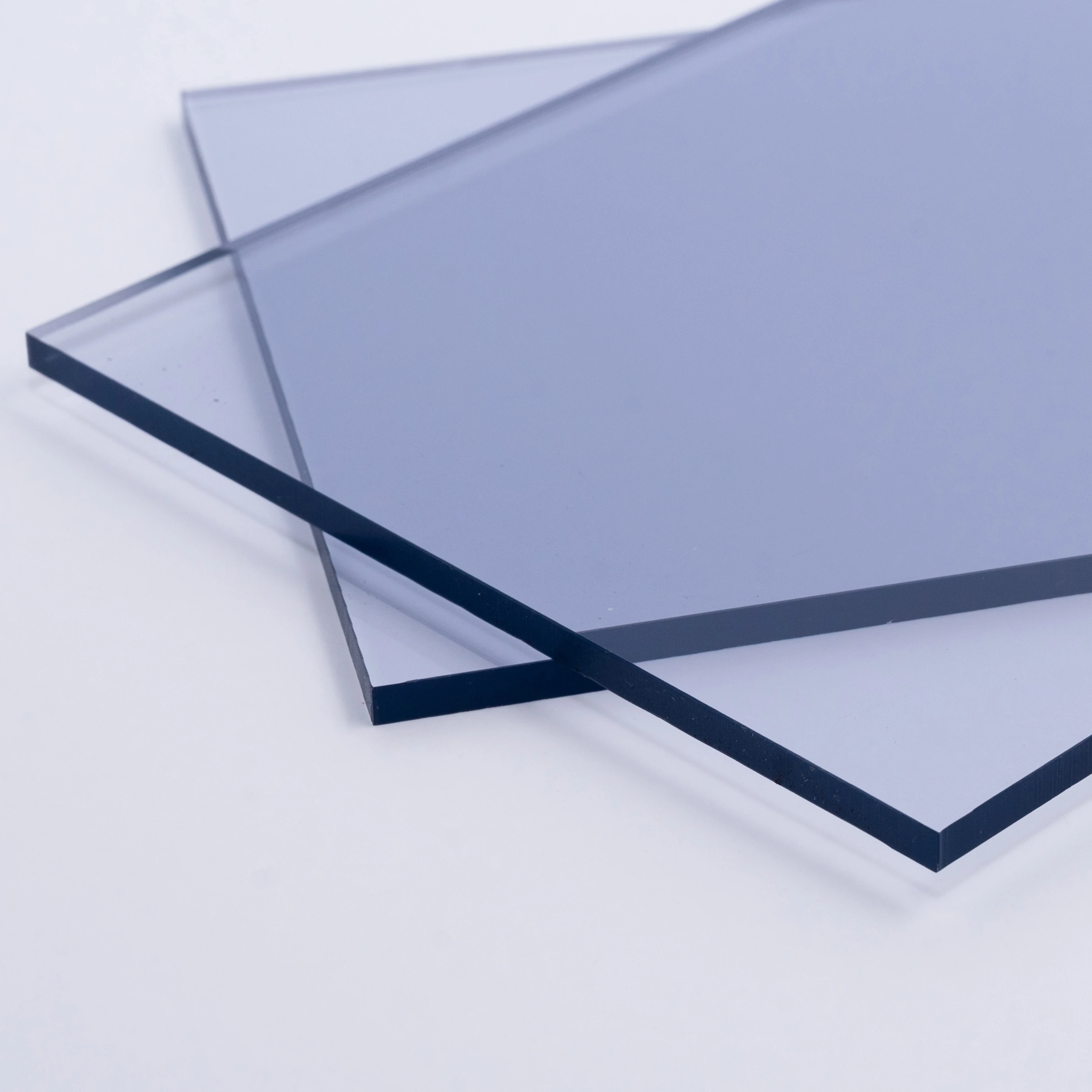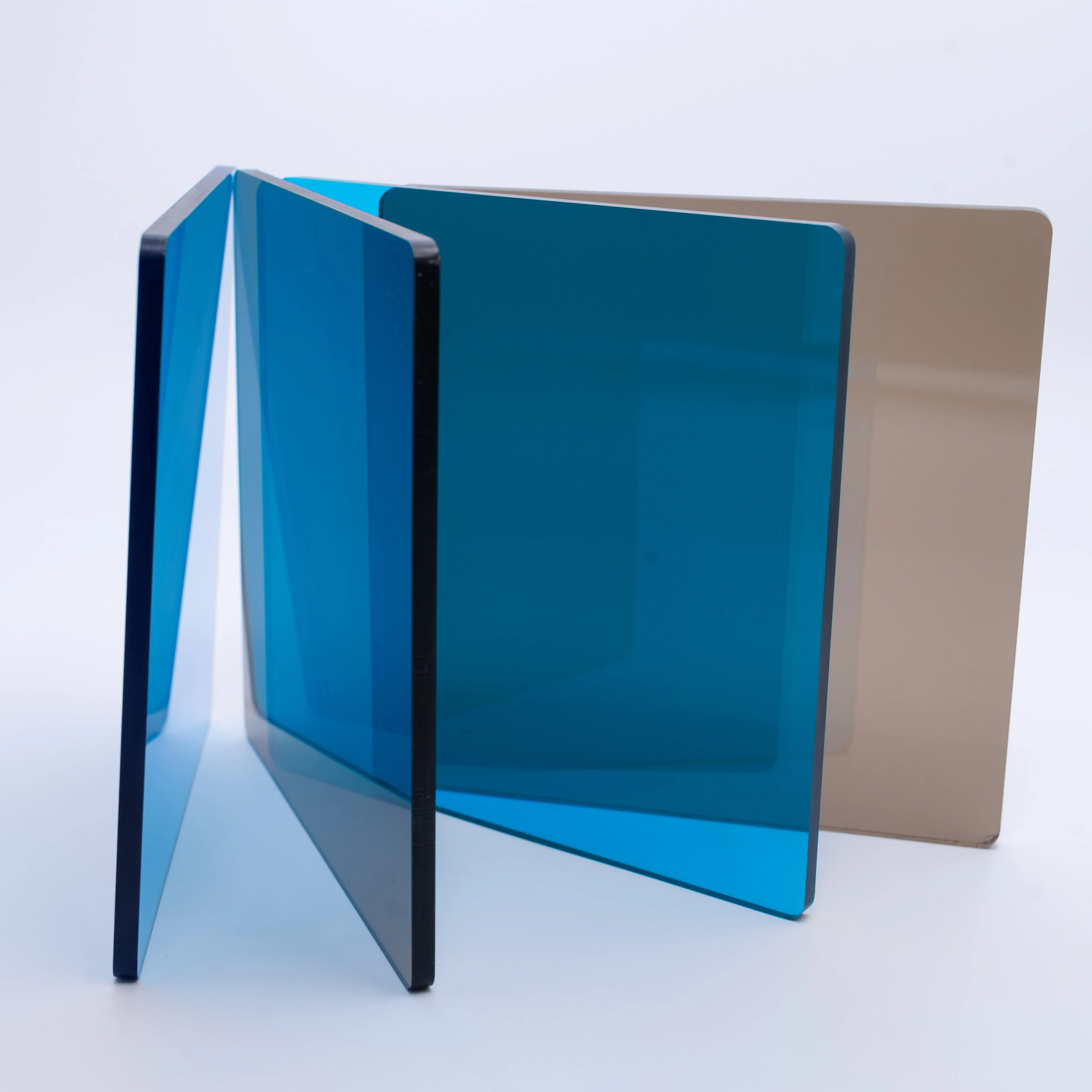If you have an eyeglass or sunglass of its own, it must need some protection from scratches and damage. There's nothing worse than buying a new set of polycarbonate glasses, just to watch them get ruined after use from day-to-day. The Importance of an Anti-Scratch Coating These types of coatings make your glasses more durable and clear so they can stand up to the daily grind for longer.
In that case, you might be wondering what exactly is the deal with anti-scratch coatings for those of us whose eyeglasses more than often comes in polycarbonate. So think of this in terms of wearing glasses; You wear them as a tool to be able to get the best view without much disruption. What the hell they want, not to scratch eye on wounds Specifically, anti-scratch coatings will help improve the clarity and longevity of your glasses. Polycarbonate has always been praised for being strong but that coating is likely to kick things up a notch and add years of life onto your lenses.
For polycarbonate glasses anti-scratch coating, the main benefit is extended durability and better visibility. These coatings are the thin protective layer of your lenses that is more like an armor, prevents general wear and tear on polycarbonate material from all those daily scuffs as you live life. This will in turn prolong the clarity of your glasses, which means you may not need them replaced as often.

However, how do these coatings operate? Polycarbonate lenses can be made even more durable with an additional anti-scratch coating. This requires a process that coats the polycarbonate in an ultra-thin layer of material using physical-vapor-deposition. The coating could be organic or inorganic and, as one might expect, inorganic coatings are significantly more durable and protection against scratches. As the material transitions from liquid into a solid state during deposition, it becomes quite strong and durable forming an impact-resistant barrier for protecting against dings or scratching due to normal handling.

This is important for the long-lasting effect of their anti-scratch coatings. While the coatings provide an additional level of protection, even your anti-glare glasses can still get scratched (just to lesser extent). To avoid the potential of damaging your lens, wipe off those smudges a few times per day with proper cleaning tools (a soft microfiber and some basic cleaner), never harsh cleaners or paper towels. Moreover, keep your glasses in a protective case when not using to avoid possible heat damage and UV exposure; direct sunlight and high-temperature environment.

Bottom line, by having anti-scratch coated polycarbonate glasses provides a major edge from both usability - visual performance standpoints. This type of coatings involve depositing a very thin, but highly durable coating film over the entire surface of ophthalmic lenses to improve their resistance while in use. Although the coatings do provide some protection it is always essential to perform proper maintenance in order not scratch them. But adding anti-scratch coatings to your polycarbonate lenses can protect that eyewear investment - so you get to see the world in crystal-clear vision without fear of scratches.